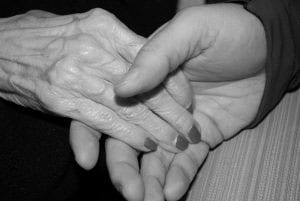According to a story from Morningstar, the pharmaceutical company Emerald Health Pharmaceuticals announced that its drug candidate EHP-102 was given Orphan Drug Designation by the U.S Food and Drug Administration (FDA). EHP-102 is being developed as a treatment for Huntington’s disease. Emerald Health focuses on developing medical treatments based on cannabinoids. EHP-102 is a treatment derived from cannabigerol (CBG).
Huntington’s disease is a genetically inherited disorder in which the cells of the brain begin to die. This long term, progressive disease first manifests with subtle changes in mood or mental capability. These changes generally appear as negative behavior, but physical symptoms soon follow, such as a general lack of coordination, abnormal gait, and jerky, tremor-like movements called chorea. Movement becomes steadily worse, and people eventually have trouble talking, speaking, and swallowing. Mental state eventually develops into dementia. People with Huntington’s are typically killed by the disorder 15 to 20 years after diagnosis. There is currently no cure, although treatments are available that can reduce the severity of symptoms. To learn more about Huntington’s disease, click here.
Emerald Health’s EHP-102 is not the first candidate from the company to receive Orphan Drug Designation. Another drug in development, EHP-101, also obtained orphan status from both the FDA and the European Medicines Agency (EMA). 101 is in development for the treatment of systemic scleroderma. Orphan Drug Designation is a certification meant to provide incentives for pharma companies to develop treatments for rare, debilitating diseases such as Huntington’s. In order to receive it, a drug candidate must satisfy a currently unmet medical need for a rare condition or promise a substantial improvement in treatment options and effectiveness. This designation also grants the company exclusive rights to develop the drug as well as a seven year period of market exclusivity.







